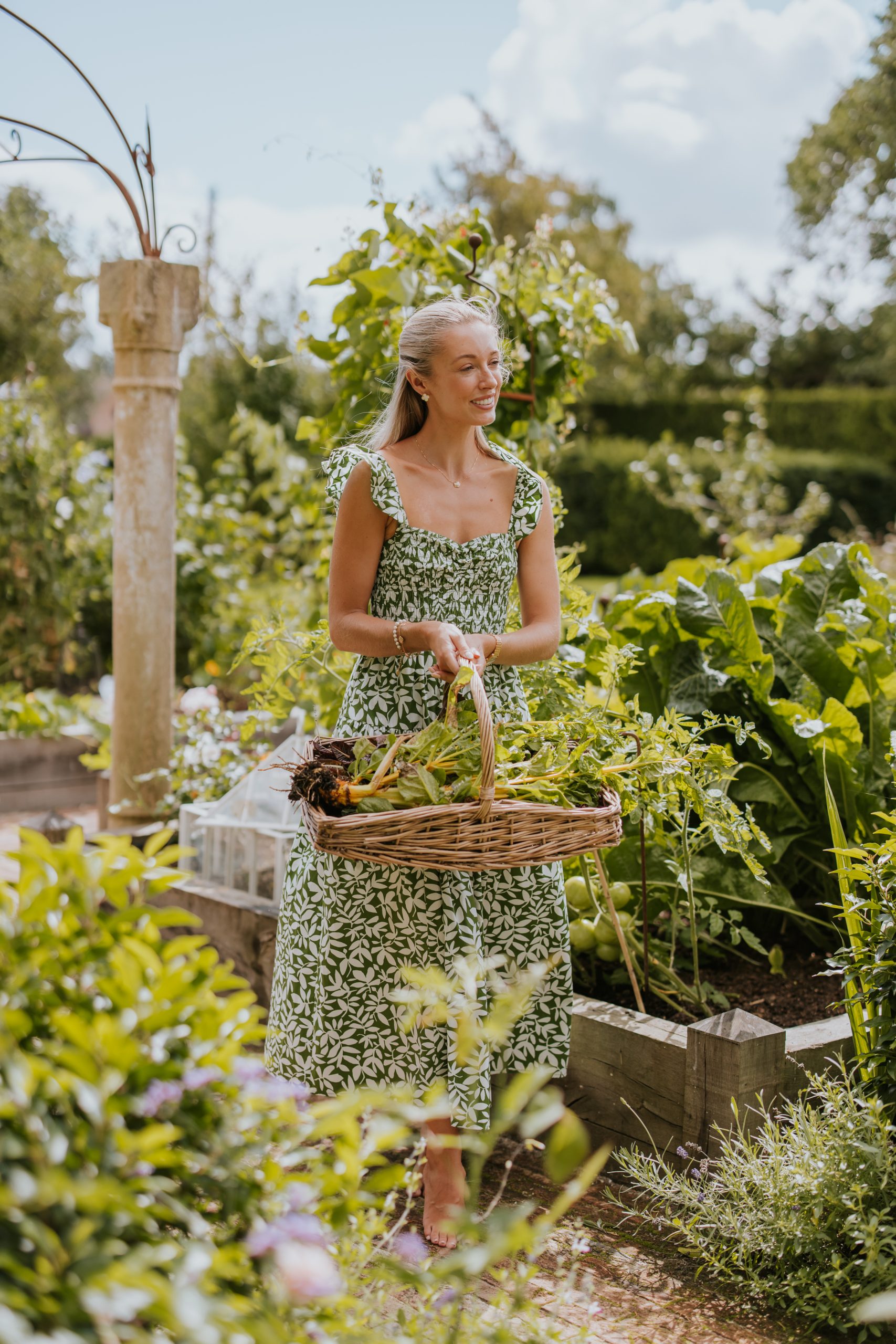Your August Gardening Jobs
It’s already August; the ‘official’ last month of summer, and usually one of the hottest & driest months of the year. It’s a time of year to enjoy your harvests and pick your beautiful blooms – sit back and enjoy the hard work you put in earlier in the year, and ensure that your garden stays neat and tidy, and to ensure the best harvest possible from your kitchen garden and stop plants from getting over grown. Read on for the jobs you should be doing in your garden this month!




Prune your lavender
Once your lavender flowers are starting to dry out and look untidy, it’s time to cut down the flowering stems, and give the plant a summer prune, to ensure the plant stays compact and doesn’t get leggy in the future. To prune your lavender, simply cut back the new growth by around one inch, avoiding cutting into old wood, while keeping an eye on the overall shape of the shrub as you go.
Cut down your wildflower area
By August, many of your wildflowers will be coming to the end of flowering, and may be setting seed. This means it’s time to give your wildflowers a good trim, or you could even mow them down if you prefer. Cutting back your meadow encourages strong root growth in the perennial meadow plants, and allows later flowering plants to have the space to grow and come into flower.
Keep up with watering
As August is another hot and dry month, it’s particularly important to keep up with watering. Be sure to water first thing in the morning to avoid scorching the leaves of your plants in the hot summer sun, and avoid watering in the evening as leaving your plants soggy overnight will leave your plants vulnerable to slugs and snails.
Summer prune fruit trees
Apple and pear trees should be laden with fruit by August, but may need a quick summer prune to allow enough light to get to the fruit so they can ripen. Summer pruning fruit trees will also help your trees to be more productive in future years.
Store fresh herbs for winter
If you’ve got more fresh herbs available than you know what to do with, you could try picking a load and preserving them for later use. Simply pick a handful of your chosen herb, such as thyme or tarragon, and roughly chop. Mix your chopped herbs with a slug of extra virgin olive oil, then place the mixture in a silicone ice cube tray and freeze. You can then add single portions of herbs to flavour soups and stews throughout the rest of the year!
Stay on top of pests & disease
Prevent pests from getting to your crops by using physical barriers, for example by using netting to prevent butterflies from getting to your brassicas. Maintain healthy soil in your garden by regularly adding organic matter; this will support plant health and resistance to diseases. Also, try to water plants at their base to minimise moisture on leaves, reducing the chances of fungal diseases.






